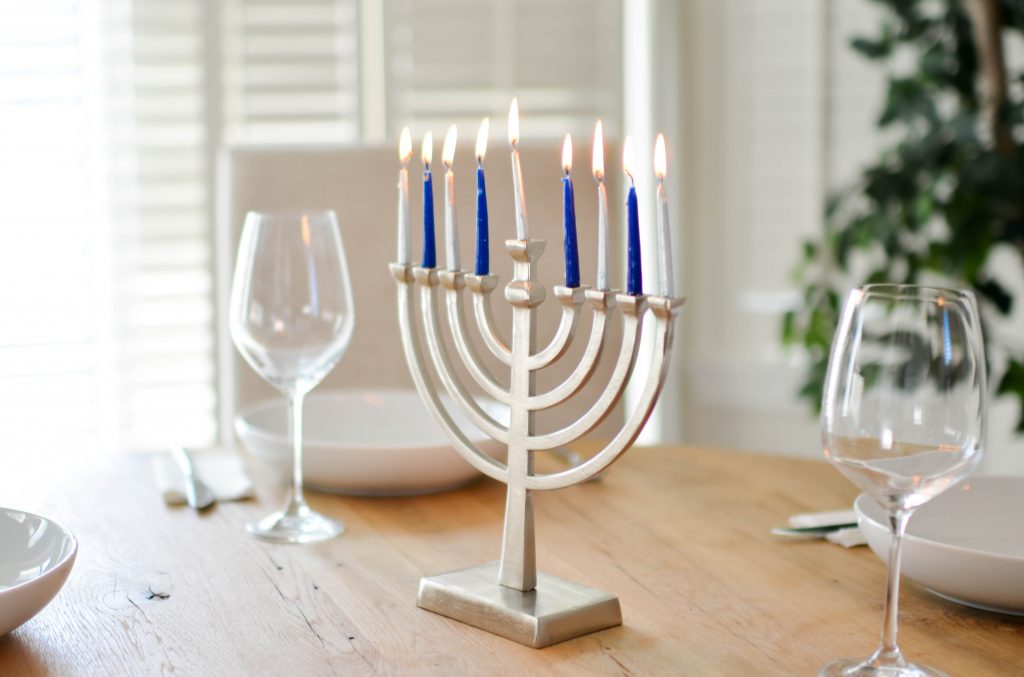Dear Dr. Chani,
I have been dating for a while and have never had a serious relationship. One of the major questions I wonder about is how to determine if a person is religious enough for me. I grew up in a home where my mother clearly wanted to be more religious than my father. I love both of my parents so I am conflicted about what to look for in my own spouse.
When I was growing up, my mother tried her best to create a spiritual atmosphere on Shabbat and holidays, but my father did not keep Shabbat. All of my siblings and I also knew that Dad did not keep kosher. He sometimes even bought us food from non-kosher dairy establishments, especially when he took us out on his own. After we graduated from Jewish private schools, all of my siblings and I went to public universities, where we each decided what Jewish practices to keep and which to ignore.
A year ago, I dated a guy who was Jewish in name only. He did not have any experience with religious Judaism. As we sat and talked about our families, I realized that he had no idea what Judaism was all about. I had an instinctual reaction to his lack of knowledge about Judaism. I felt very distant from him and uncomfortable.
I realized that I care about marrying someone who is somewhat religious. The question for me is how do I figure out what I should care about and how religious I want to be so that I can know who to date?
Sincerely,
Conflicted
Dear Conflicted,
It is so wonderful that you are asking yourself these questions before you enter into a serious relationship. The more that you reflect on your own beliefs, values, goals, and dreams before you date, the easier it is to identify a future spouse who shares them with you. On the other hand, when you are already in a serious relationship and you realize that the two of you differ on fundamental values, it can be so challenging to break off the relationship that you may end up staying together and resigning yourself to deal with a perpetual conflict. It is definitely better to explore your feelings about your religious values and practice before you pursue a serious relationship.
Your religious beliefs and values are a very significant aspect of your life. They can influence the choices that you make day-to-day and for the long term. For example, your decisions for how you allot your time, money, and effort and how you run your home are shaped by your religious values. When you and your spouse share your values it is easier to make decisions together as a couple. It, therefore, makes sense that before you choose a spouse, you do your best to envision how you want to live and the kind of home you would like to create.
One of the reasons it may be hard for you to decide what choices to make is that you may feel guilty about aligning yourself with one of your parents more than the other. For example, if you choose to strengthen your religious practice, you may feel you are “choosing” your mother over your father. As you pointed out, you love both of your parents and you do not want either one to feel like you have not chosen to emulate that parent. In order to be sensitive to your parents, as you find your own path in life, you should convey that you have not “chosen” one of your parents over the other by respecting both of your parents and continuing to nurture your relationship with both of them.
Now is the time for you to determine your own identity and to build a foundation for your future. You need to explore what Judaism means to you. As you reflect on how you would like to live life as a religious Jew, you may continue to feel conflicted about what to choose for yourself. It can be helpful to pay attention to the messages about religion you received while growing up. Try to be aware of your past experiences that consciously or subconsciously influence your emotions and beliefs. You might speak to a therapist to help you through this process. The more you allow yourself to be aware of the specific messages that trigger your feelings about religion, the easier it will be for you to sort through your feelings and figure out how to proceed.
In addition to drawing from your past life experiences, it is important to get a fresh start on your understanding of religion by learning more about it on your own. You do not want to make adult decisions that will affect your future and your future generations on the basis of the perception of Judaism you developed as a child. This is your opportunity to renew your connection to Judaism from your perspective as an adult. One way to learn more about what it means to live life as a religious Jew is to seek role models you admire who you can learn from and with whom you can discuss your observations and thoughts.
After you have gained some clarity about the direction in which you want to go, proceed with dating. When you date people who are more or less similar to you, you will have another opportunity to fine-tune your thoughts and feelings about how you would like to lead a religious life. Growing through this process will hopefully enable you to gain the perspective you need to choose a life partner and build your future home together.
Wishing you much success,
Chani
